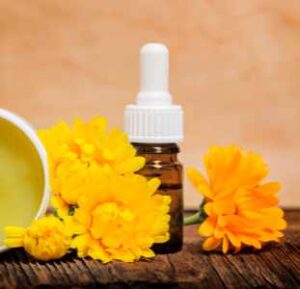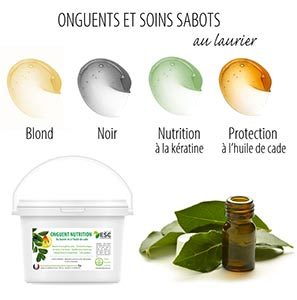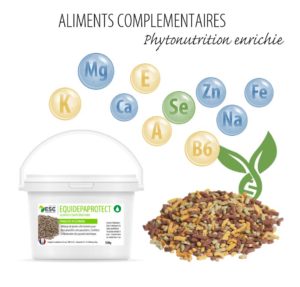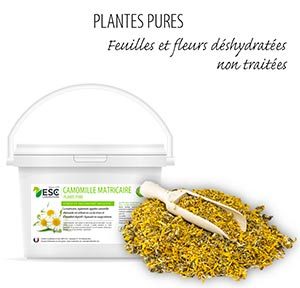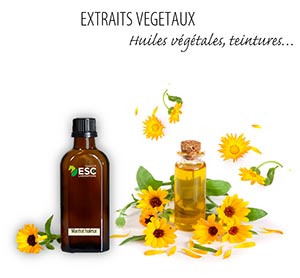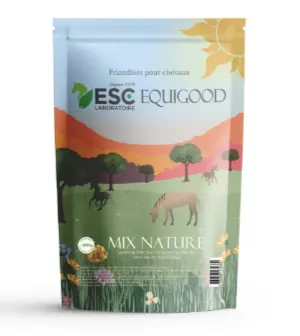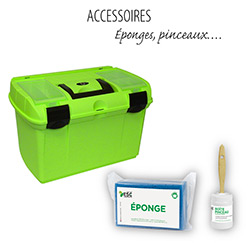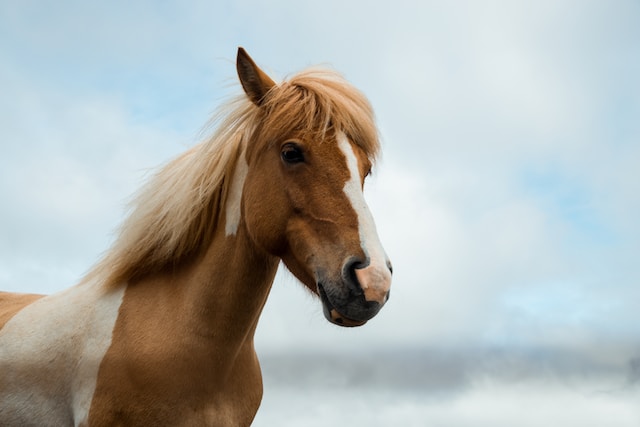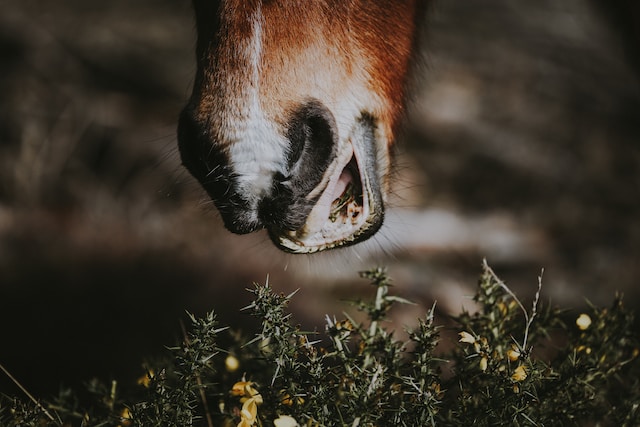The horse is a frugal animal, which can be content with little nutrients. Nevertheless, certain minerals and vitamins are essential for its health (always in a balanced ration, the deficit as excess may be harmful).
The thing is, hay does not always provide all nutrients enough to ensure the well-being of your horse. Overexploitation and fertilization of meadows and fields tend to repel nutrients in soils.
It may therefore be necessary to supplement your horses in order to avoid food deficiencies. But to which supplements you turn, and what nutrients does your horse need? We answer all the questions you can ask yourself in this article.
What minerals does the horse need?
Minerals essential for the metabolic functions of the horse. They act as structural constituents, activate biological reactions and regulate cell exchange.
It is important to distinguish between
- Macro-elements, in large quantities expressed in grams ;
- The trace elements, essential but in smaller quantities (expressed in milligrams).
The mineral needs of your horse vary according to its physiological stage (e.g. growing or lactating) and its physical activity.
Macro-elements for the horse
Your horse needs to:
- Calcium (2 to 4.6 g/kg) for the development of his bones, but also to support his muscular efforts. You can complement your horse in particular lithothamne, an oceanic seaweed source of calcium and magnesium easily assimilated.
- Phosphorus (1.6 to 4.4 g/kg) for his skeleton and teeth.
Attention to excesses, especially of phytic phosphorus, which are mainly found in cereals such as wheat. They can indeed weaken his bones. The phosphocalcic ratio of the ration (CA/P) must also be between 1.5 (for a resting horse) and 2 (for growth and regular work).
- Sodium (1.2 to 3.2 g/kg) to regulate cell osmotic pressure and electrolytic and acidobasic equilibrium. Complementing your sodium horse will be particularly important if it sweats a lot (for work horses, for example);
- Potassium (1.4 to 5 g/kg) for muscle contraction. Your horse will normally draw enough potassium through its feeding, especially through fodder;
- Magnesium (from 0.7 to 1.1 g/kg) for the formation of bone and muscle effort.
- Sulphur (1 to 1.5 g/kg)facilitate the synthesis of vitamins and hormones. Again, the risk of deficiency is very rare because your horse will get enough from it.
The trace elements for horses
The trace elements mainly play a catalytic role in the synthesis of enzymes or hormones. The objective is maintain a balance in trace element inputs that you give to your horse in order to keep it healthy.
- Iron (50 to 100 milligrams per kg) : to prevent anaemia. Chicory is a good source of iron.
- Copper: (25 mg/kg) to prevent osteochondrose and skeletal disorders;
- Zinc (80-100 mg/kg) : for growth, reproduction, immune defenses and skeletal strength. Attention also to the CU/Zn report;
- Manganese (40 to 50 mg/kg) : for bone development and fertility)
- Iode (0.1-0.2 mg/kg) for pregnant mare and lactation and thyroid;
- Cobalt (0.1 to 0.2 mg / Kg) : for digestive metabolism.
- Also monitor its contribution to Selenium (attention to toxicity) and iodine.
To limit the deficiencies of its mineral ration, we recommend our Equipment : a complementary food enriched with vitamins, minerals and trace elements. It will help keep a horse in the shape of an active or resting horse, especially in the case of feed or traditional (foin + cereals).
Indeed, the macro and trace elements content of forage is variable (and often low). It depends on plants, soil quality, climate, but also factors related to cultivation.
What vitamins do my horse need?
Vitamins, which are either water soluble or fat soluble, are naturally present in plants and foods of animal origin (but in small quantities).
We must distinguish here fat-soluble vitamins of water-soluble vitamins :
Liposoluble vitamins for horses
Your horse essentially needs:
- Vitamin A (5,000 to 10,000 IU)* per 100 kg) for vision, bone growth and cell reproduction. The horse does not find it in its diet but synthesizes it from the beta carotene contained in fresh grass or carrots;
- Vitamin D (1,000 to 2,000 IU)*/100 kg) for bone strength, muscle contraction, cell growth and immune defenses. Horses are rare;
- Vitamin E (10-20 IU)* /100 kg) : for proper muscle, nervous, circulatory, reproduction and immune defenses. The vitamin E content of hay or fresh grass will not always be sufficient. Our Extrafer supplement is an excellent natural source of vitamin E (and selenium);
- Vitamin K (1 mg/ day for a 500 kg horse) blood clotting, bone and tissue metabolism and activation of other proteins.
Hydrosoluble vitamins for horses
Watch for your horse's contributionsn Group B vitamins. Each vitamin in this group has a specific action.
B1 is for example essential for energy and muscle contraction. B2 contributes to the energy metabolism and growth of young horses. B12 is used for red blood cell formation, neurological function, and DNA replication. Beer yeast is an excellent natural source of vitamin B.
In water-soluble vitamins, we also find Vitamin C (or L-ascorbic acid). It participates in neutralize free radicals and play a beneficial role for muscles, joints, in case of injury, also maus in case of fatigue or as support of immunity.
Unlike us, The horse is able to produce vitamin C. However, beware of habituation. Old horses, accustomed to receiving large quantities of horses, will find it difficult to pass and endure a drop in their intakes. In case of doubt, do not hesitate to contact us or to call on a nutrition expert to set up a custom ration!
Make sure your horse finds in its diet all the minerals and vitamins it needs to be healthy thanks to our 100% natural supplements !


